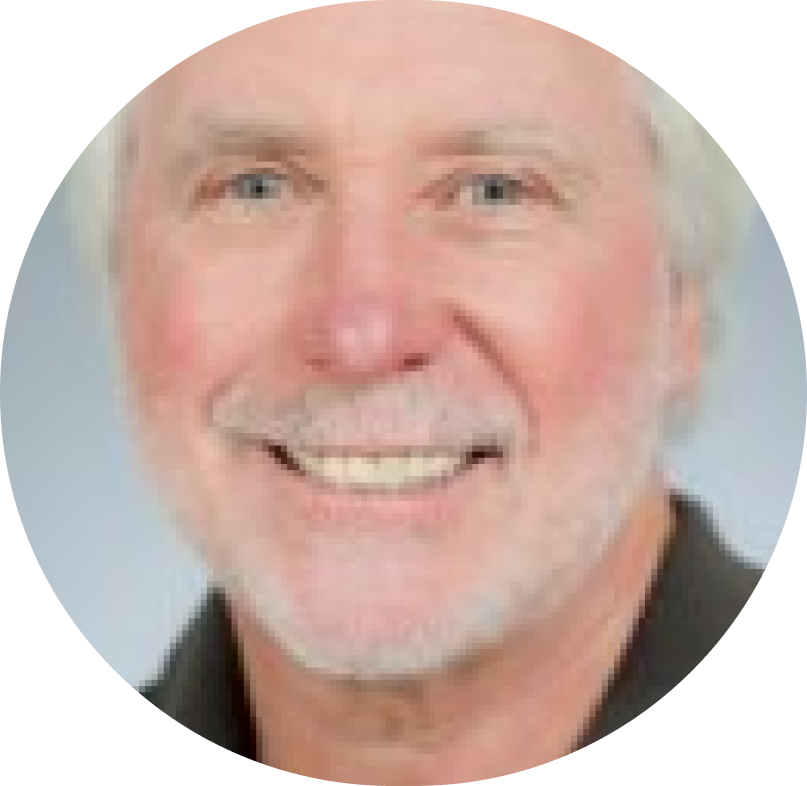Rebel Scientist
This dedication to empirical evidence is a hallmark of his scientific philosophy, favoring precision and skepticism over haste and assumption. But he couples that rigor with a boundless curiosity and maverick attitude. Dr. McKubre's philosophy is rooted in open-mindedness and the pursuit of truth, even when it leads to conclusions that diverge from mainstream scientific thought. He champions the importance of challenging established norms and encourages a collaborative scientific environment to tackle complex problems in LENR. “Everybody can't be a rebel, but I've always been something of a rebel. You know, I was a bit of a hippie as a youth so I always look at the alternative.”
At times, this attitude has him playing devil’s advocate and questioning things people take for granted. “My first thought,” he explained, “is ‘what’s wrong with that statement? Why is that not true?’” This meant sometimes being at odds with those he respected greatly, especially regarding skepticism around LENR promoted largely by physicists. In this vein, he was inspired by physics greats like Nobel Laureate Julian Schwinger, “the prince of solid-state nuclear physics.” Recalling a lecture Schwinger gave at the first ICCF conference, McKubre told me, “The phrase that stuck in my mind forever is ‘the circumstances of cold fusion are not those of hot fusion.’” Indeed, throughout his career, McKubre has been driven by his ardent curiosity about these mysterious conditions, from lattice changes to unknown interactions to “charge points in free space with nothing around them,” adding that studying this parameter space is important as “something around them makes a difference.”
He was figuring out that “something” is one of the greatest challenges in the field. He explained how even doing the same experiment identically in the same laboratory often produced different results, as controlling all the variables is very difficult. For example, he did an experiment replicating identical experiments three dozen times, and all produced different outcomes. In our conversation, I asked him if he agreed with the "recipe" analogy that came up a lot in my conversations with LENR scientists. He answered, "That's a beautiful analogy, and I think, what's to bread: yeast, salt, water, flour? That's it, but some people make terrible bread, and others make exquisite bread. It's just the technique, timing, proportions, and four variables, and we're not dealing with a problem with four variables." In addition to countless variables, he explained, systematic error is also guaranteed to reproduce. Yet despite these challenges, McKubre remains committed to his inquiries.







